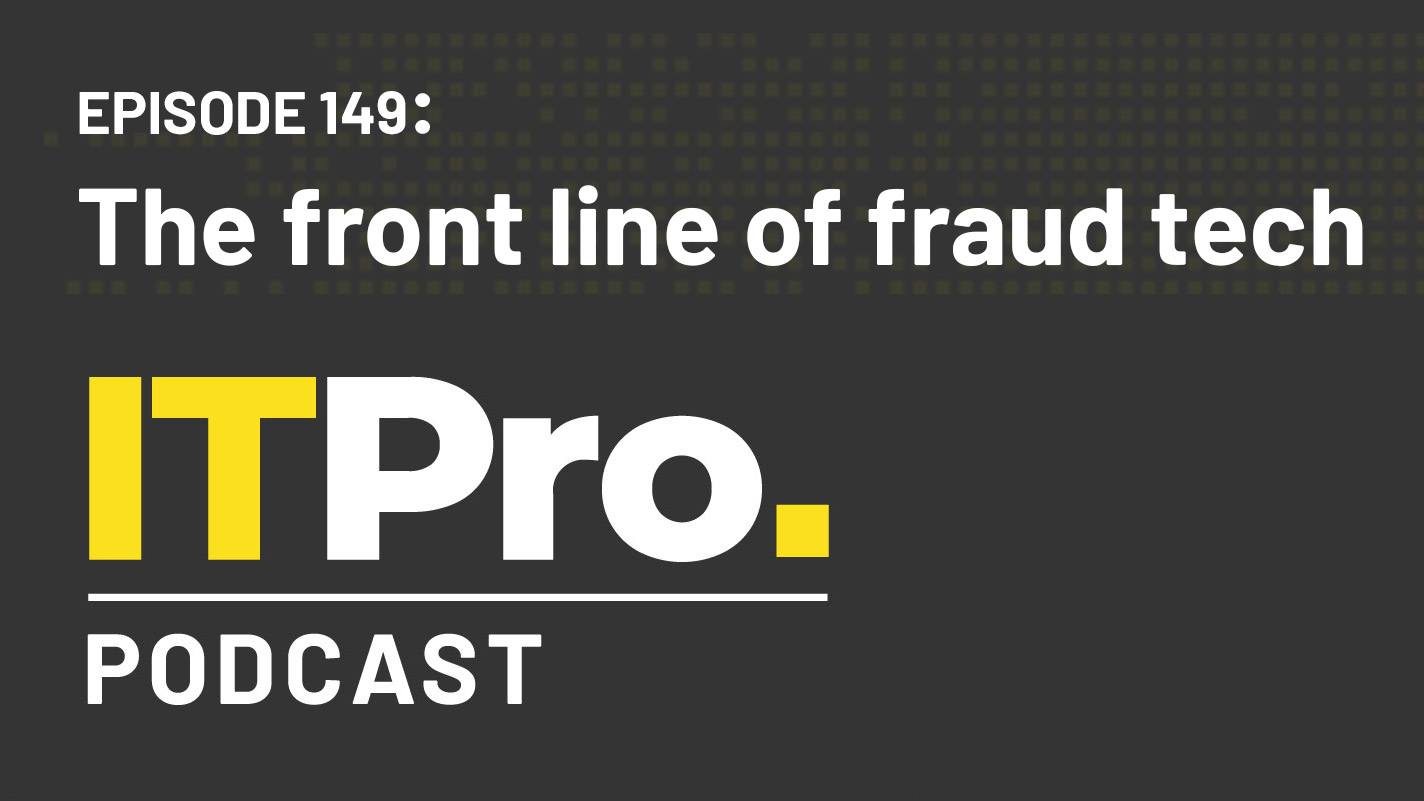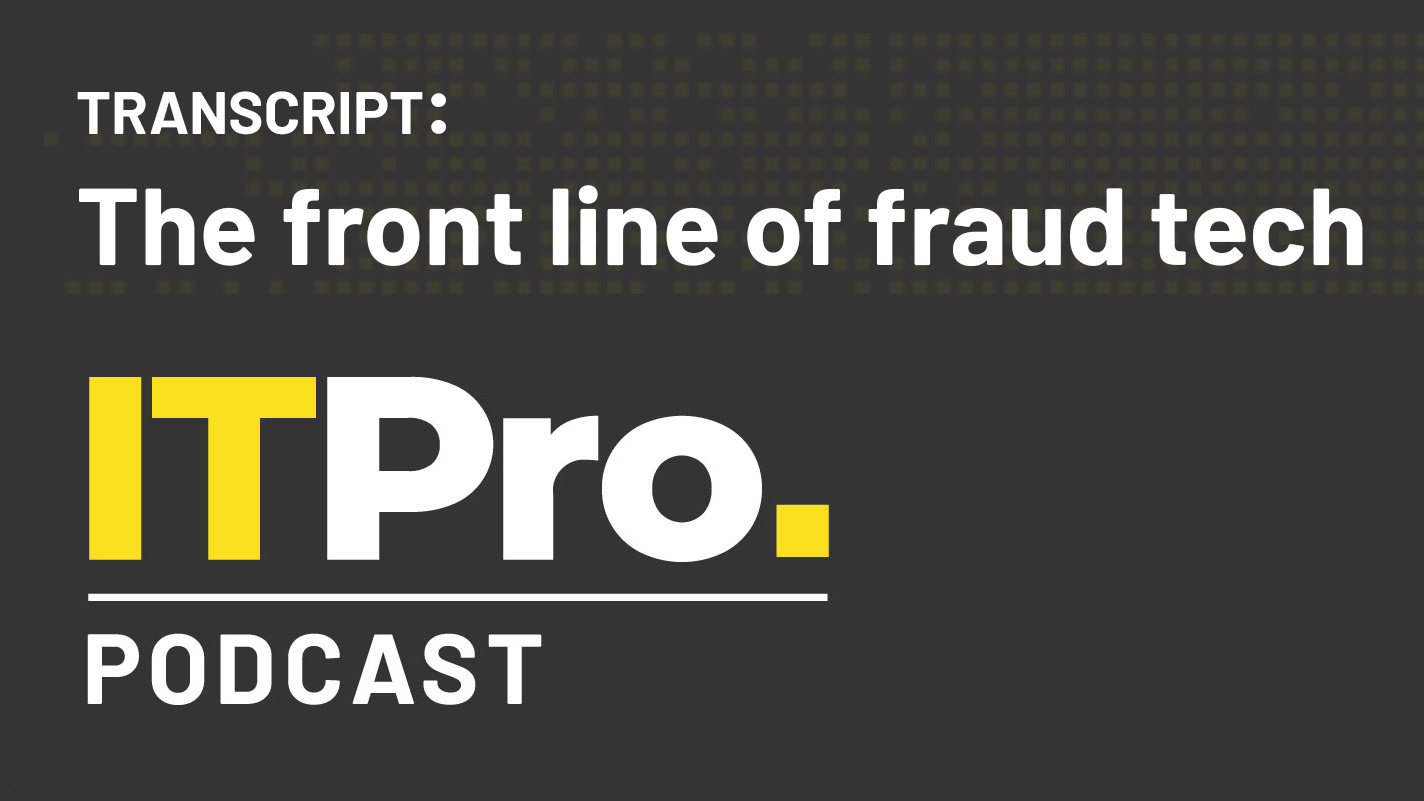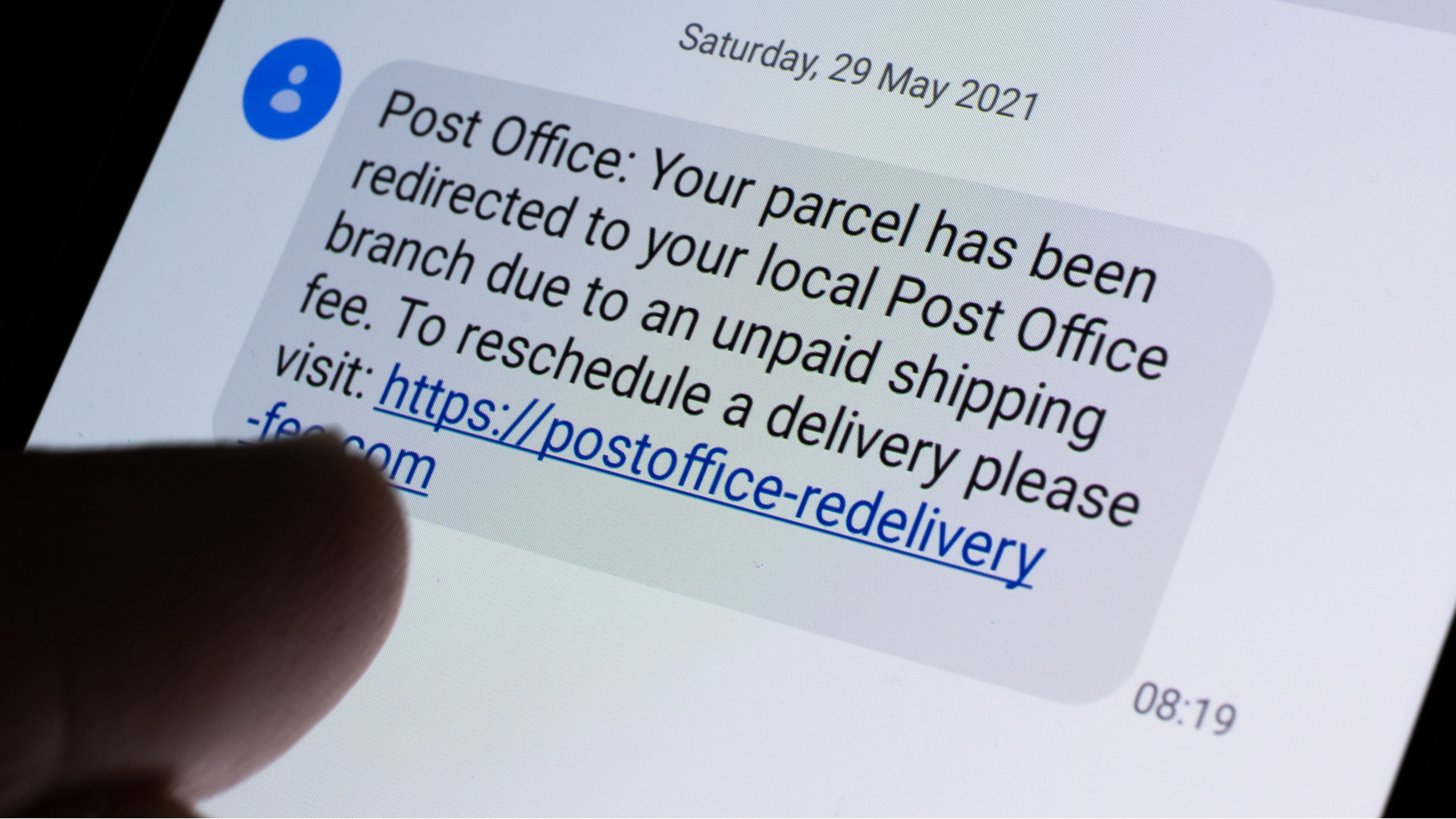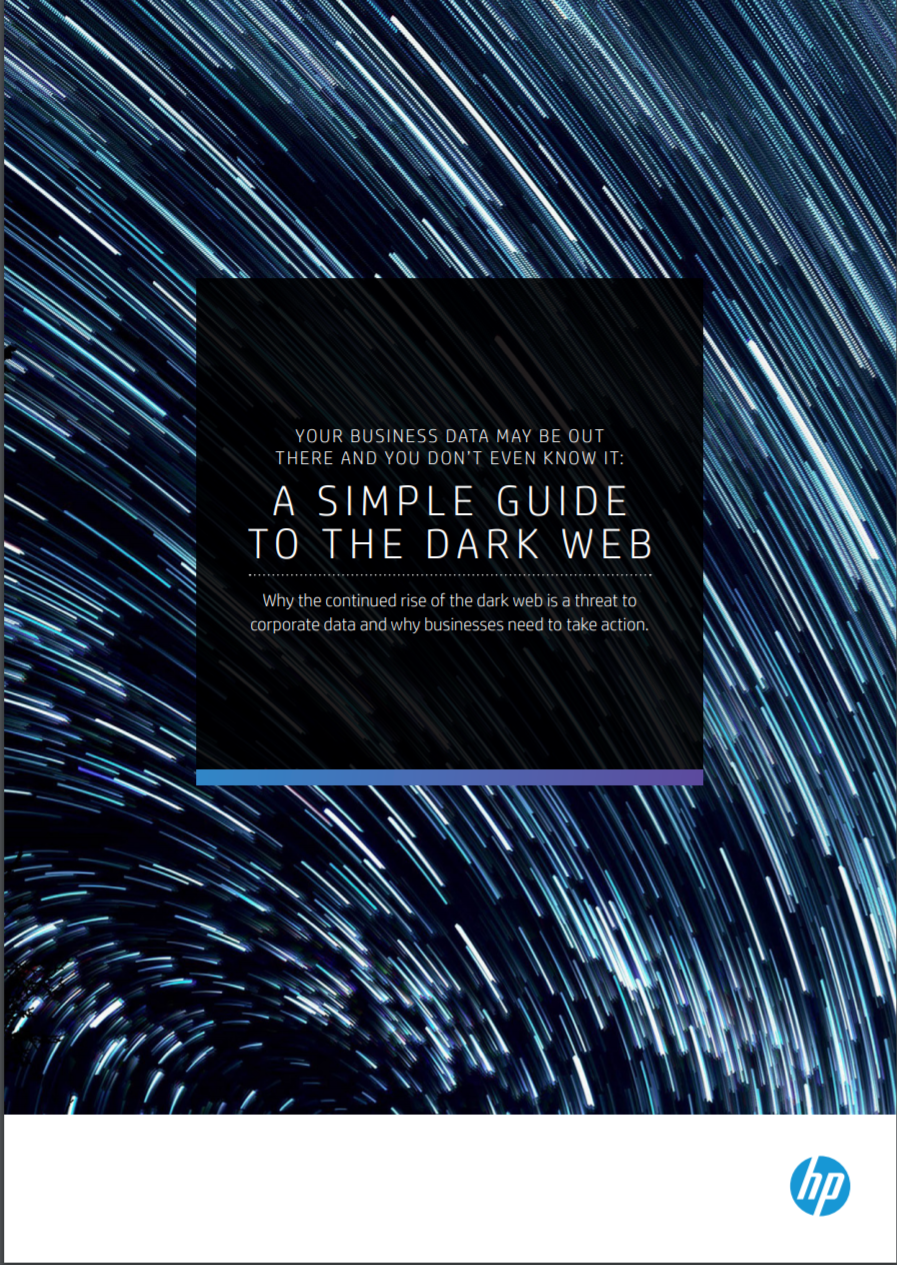Collections #2-5 unearthed with 2.2 billion unique records now exposed online
The gargantuan 87GB Collection #1 leak is dwarfed by the now-600GB of exposed data circulating online


Researchers have established that more than 600GB of personal information is circulating online after finding a monster cache of four additional 'Collection' folders.
The Collection #1 leak discovered earlier this month was considered one of the largest leakages of personal data in history, with more than 773 million unique email addresses, and 22 million passwords, found circulating on hacking forums online.
But the scale of this leak has expanded dramatically after researchers with German firm Heise Security uncovered folders named 'Collections #2 to #5', containing swathes of personal data that were harvested from historic data beaches.
The full complement of Collection' data, folders #1 to #, now spans more than 2.2 billion unique email addresses and passwords.
Despite the data's historic nature, sourced from headline data breaches of the past such as the massive Yahoo hack, researchers with Heise Security believe cyber criminals will gamble on users' lax attitude towards password and try out the credentials anyway.
"The current leaks are a good opportunity to rethink your own password strategies," said Heise's Ronald Eikenberg.
"The most important rule is to use a different password for each service. And if you do not want to think up or remember a password for each service, it's best to use a password manager."
Get the ITPro daily newsletter
Sign up today and you will receive a free copy of our Future Focus 2025 report - the leading guidance on AI, cybersecurity and other IT challenges as per 700+ senior executives
After the first batch of records were published online researcher Troy Hunt, who first unearthed Collection #1, suggested that cyber criminals may use the data for credential stuffing' attacks.
When publishing the details around the leak, Hunt also released an unverified list of past data breaches and compromised sites that made up the leak, totalling 2,890 files names, with the earliest breach occurring in 2008.
Just as with Hunt's site HaveIBeenPwned, the German Hasso Plattner Institute with ties to Heise Security runs a service called Identity Leak Checker which people can use to see if their usernames and passwords have been compromised in the Collection leaks.
After news around Collection #1 first broke, Malwarebytes' lead malware intelligence analyst Chris Boyd suggested the key for users and businesses who may be affected is to ensure passwords are limited to one per account.
"This is another good argument for making use of password managers, and especially those with built-in functionality to check current passwords against lists of data breaches," Boyd said.
"If you recognise any of your passwords in the haul, you should stop using it immediately and perform a little behind the scenes maintenance as soon as possible."
The scale of the leak, many times the scale of Collection #1 which was at the time thought to be the biggest single leak in history, is sure to prove staggering to the wider security community.
ESET UK's cyber security specialist Jake Moore believes this is the start of something "far more significant than anything we have ever seen before".
"Hackers are becoming even more sophisticated, and hopefully, this is a massive wake-up call to anyone with an email address," he said.
"The overarching statement here is that we need to adopt stronger layers of security, and this is the time to adopt a new way of managing passwords.
"Using your three rehashed passwords is no longer going to cut it."

Keumars Afifi-Sabet is a writer and editor that specialises in public sector, cyber security, and cloud computing. He first joined ITPro as a staff writer in April 2018 and eventually became its Features Editor. Although a regular contributor to other tech sites in the past, these days you will find Keumars on LiveScience, where he runs its Technology section.
-
 Bigger salaries, more burnout: Is the CISO role in crisis?
Bigger salaries, more burnout: Is the CISO role in crisis?In-depth CISOs are more stressed than ever before – but why is this and what can be done?
By Kate O'Flaherty Published
-
 Cheap cyber crime kits can be bought on the dark web for less than $25
Cheap cyber crime kits can be bought on the dark web for less than $25News Research from NordVPN shows phishing kits are now widely available on the dark web and via messaging apps like Telegram, and are often selling for less than $25.
By Emma Woollacott Published
-
 The IT Pro Podcast: The front line of fraud tech
The IT Pro Podcast: The front line of fraud techIT Pro Podcast With tools such as deepfakes, the future of fraud tech relies on cutting edge AI as much as good security practice
By IT Pro Published
-
 Podcast transcript: The front line of fraud tech
Podcast transcript: The front line of fraud techIT Pro Podcast Read the full transcript for this episode of the IT Pro Podcast
By IT Pro Published
-
 LAPSUS$ breached T-Mobile systems, stole source code
LAPSUS$ breached T-Mobile systems, stole source codeNews T-Mobile has denied that the hackers obtained customer or government information
By Sabina Weston Published
-
 Exclusive: Former Shiseido staff say company was aware of data breach weeks before official notice
Exclusive: Former Shiseido staff say company was aware of data breach weeks before official noticeNews Fake companies were created using the stolen identities of hundreds of Shiseido employees, former staff claim
By Sabina Weston Published
-
 What is smishing?
What is smishing?In-depth A closer look at one of the most perilous forms of phishing
By Praharsha Anand Published
-
 SentiLink raises $70 million for its identity verification platform
SentiLink raises $70 million for its identity verification platformNews SentiLink’s ID Theft Score helps businesses combat synthetic fraud
By Praharsha Anand Published
-
 More than half of businesses saw rising fraud levels this year
More than half of businesses saw rising fraud levels this yearNews Each individual identity fraud attempt could cost an organisation between £1,000 and £4,999 on average
By Sabina Weston Published
-
 A simple guide to the dark web
A simple guide to the dark webWhitepapers Why the continued rise of the dark web is a threat to corporate data and why businesses need to take action
By ITPro Published